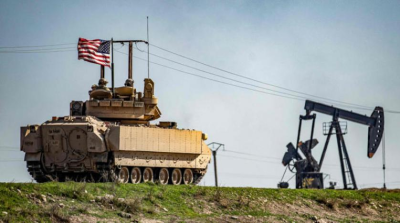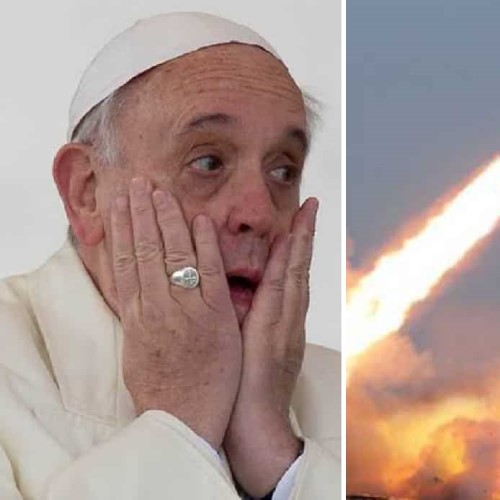NOVANEWS
If 47,000 US troops in country cannot prevent such coordinated bombings, then how could a much smaller contingent do so?
President Obama speaks to U.S. troops at Camp Victory in Baghdad on April 7 Jim Young / Reuters
by Juan Cole
And as Vice President Tariq al-Hashemi has pointed out on several occasions recently, the very presence of US troops would provoke terrorist attacks and be destabilizing.
Some 80 people were killed and over two hundred wounded on Monday in a clearly coordinated set of bombings and attacks in 17 Iraqi cities. The prime suspect is radicalized Sunni Arabs who are typically called “al-Qaeda” in Iraq even though they likely have little connection to the original. The biggest toll came from two bombings in the southern Shiite city of Kut, though there were also attacks in the Shiite holy cities of Najaf and Karbala. In the Sunni center, west and north, the attacks focused on police and military officers loyal to the government of Prime Minister Nouri al-Maliki. An attack in largely Sunni Mansour district of west Baghdad targeted the convoy of the minister of higher education. In Tikrit and Ramadi, security officials were the focus. Thus, the targets were ordinary Shiites in the south, but security or other government personnel in the Sunni areas to their north and northwest.
Prime Minister Nouri al-Maliki denounced the attacks as the work of “criminals” and pledged to bring them to justice.
Despite the lost and blighted lives victimized by these bombings and attacks, the terrorism cannot transcend mere terror and is unable to bring about significant political change. You can’t overthrow the governm
Iraqi checkpoint blast near police station in Najaf.





